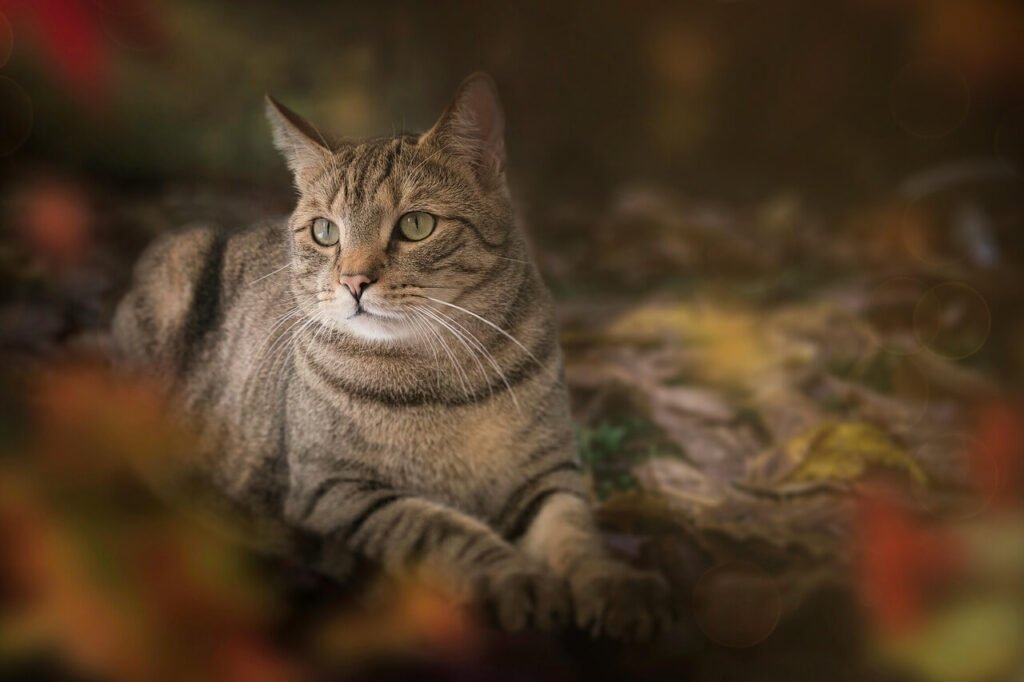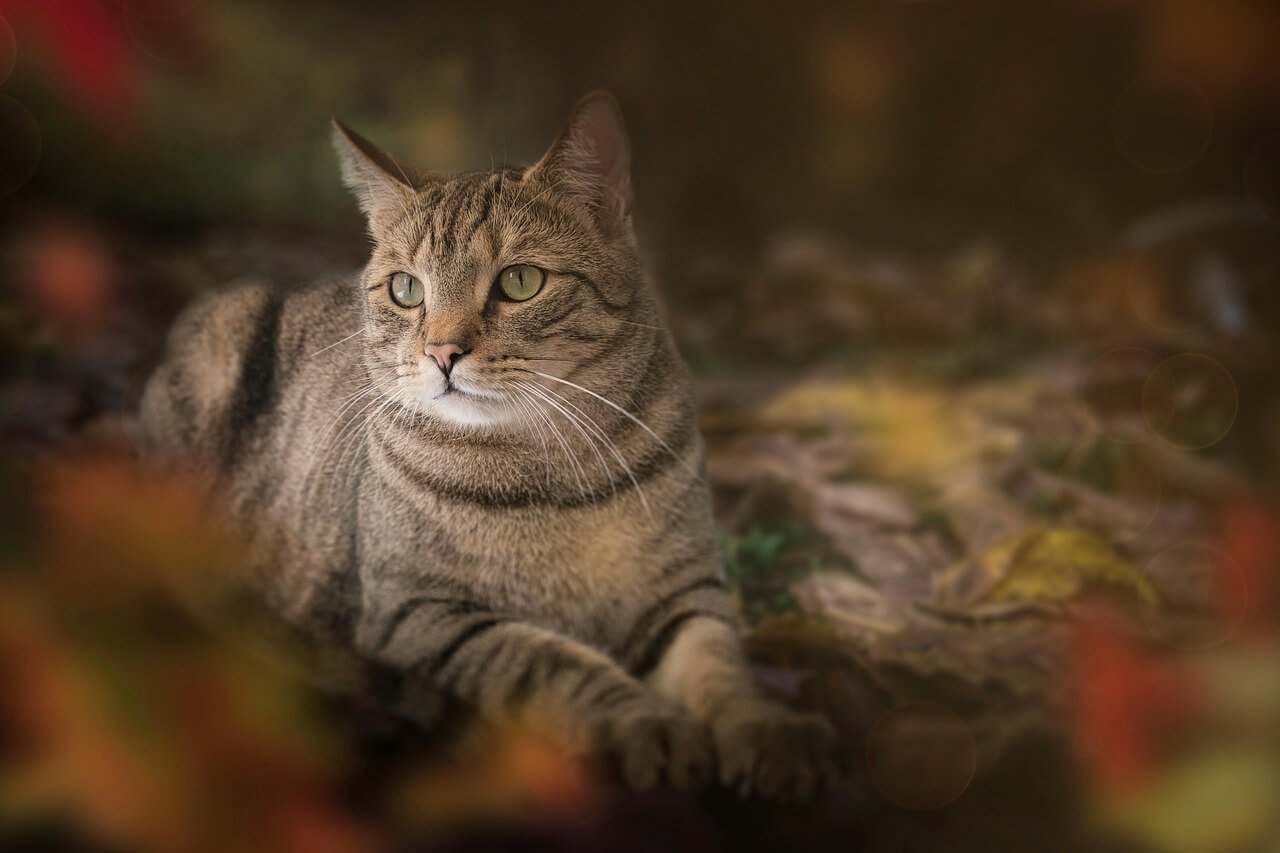Cat Itching and Losing Hair: Understanding the Causes and Solutions
If your cat is constantly itching and losing hair, it can be concerning for any loving pet owner. While occasional scratching is normal, persistent itching combined with hair loss often signals an underlying issue that needs attention. This behavior could stem from allergies, parasites, infections, or even stress. Left untreated, it can lead to discomfort, skin damage, and a decline in your cat’s overall well-being. In this guide, we’ll explore the potential causes of cat itching and hair loss, how to identify them, and what steps you can take to help your feline friend feel comfortable again. With the right knowledge and care, you can address these problems effectively and restore your cat’s health.
Common Causes of Cat Itching and Hair Loss
Understanding the root cause of your cat’s itching and hair loss is essential for finding the right solution. Here are some of the most common culprits behind this behavior:
Fleas and Ticks : These external parasites can cause intense itching and lead to excessive grooming, resulting in hair loss.
Allergies : Cats can develop allergies to food, pollen, dust mites, or cleaning products, triggering itchy skin and hair thinning.
Ringworm : Despite its name, ringworm is a fungal infection that causes circular patches of hair loss and flaky skin.
Stress or Anxiety : Overgrooming due to stress can lead to bald spots and irritated skin.
Hormonal Imbalances : Conditions like hyperthyroidism or Cushing’s disease may disrupt your cat’s coat health.
Identifying the specific cause will help you determine the best course of action to alleviate your cat’s discomfort.
Signs Your Cat May Need Veterinary Attention
While some cases of itching and hair loss can be managed at home, others require professional intervention. Here are signs that indicate it’s time to consult a veterinarian:
Excessive Scratching or Biting : If your cat is obsessively scratching or biting their skin, it could signal a severe irritation or infection.
Red, Inflamed Skin : Redness, swelling, or open sores are signs of a possible skin condition that needs treatment.
Patchy Hair Loss : Uneven or widespread bald spots often point to an underlying medical issue.
Behavioral Changes : Increased aggression, lethargy, or hiding may indicate pain or discomfort.
Visible Parasites : Spotting fleas, ticks, or other pests on your cat’s fur requires immediate action.
Prompt veterinary care ensures your cat receives the appropriate diagnosis and treatment to prevent further complications.
Check this guide 👉Why Is My Cat Itching and Licking So Much? Best 7 Tips!
Check this guide 👉What Does a Cats Tail Twitching Really Mean? Best 7 Tips!

Causes of Cat Itching and Hair Loss | Treatment Options |
|---|---|
Fleas and Ticks | Use vet-recommended flea treatments and tick prevention products |
Allergies | Identify allergens through elimination diets or allergy testing; use hypoallergenic products |
Ringworm | Apply antifungal medications and clean bedding regularly |
Stress or Anxiety | Provide enrichment activities and consult a vet for calming aids |
Hormonal Imbalances | Diagnose and treat underlying conditions with medication or dietary adjustments |
How to Prevent Cat Itching and Hair Loss
Prevention is key to maintaining your cat’s skin and coat health. Here are some proactive steps you can take to minimize the risk of itching and hair loss:
Regular Grooming : Brush your cat’s fur frequently to remove loose hair, dirt, and potential irritants.
Flea and Tick Prevention : Use vet-approved products to keep parasites at bay and protect your cat’s skin.
Balanced Diet : Feed your cat high-quality food rich in omega-3 fatty acids to promote healthy skin and a shiny coat.
Clean Environment : Wash your cat’s bedding and vacuum your home regularly to reduce allergens and irritants.
Minimize Stress : Create a calm and enriching environment with plenty of toys, hiding spots, and interactive playtime.
By implementing these preventive measures, you can help your cat maintain a healthy coat and reduce the likelihood of itching and hair loss.
Home Remedies to Soothe Your Cat’s Itchy Skin
If your cat is experiencing mild itching, there are several home remedies you can try to provide relief. However, always consult your vet before trying new treatments.
Oatmeal Baths : A gentle oatmeal shampoo can soothe irritated skin and reduce itching (use only cat-safe products).
Coconut Oil : Applying a small amount of coconut oil to dry or itchy areas may moisturize the skin naturally.
Aloe Vera Gel : Pure, unscented aloe vera gel can help calm inflammation and promote healing (ensure it’s safe for cats).
Cool Compresses : Applying a damp cloth to itchy areas can provide temporary relief from discomfort.
Probiotics : Adding probiotics to your cat’s diet may improve gut health and reduce allergic reactions.
These remedies can offer short-term relief, but persistent issues should always be evaluated by a veterinarian.
Clearing Up Myths to Better Understand Your Cat’s Condition
There are several misconceptions about cat itching and hair loss that can lead to confusion or improper care. By addressing these myths, you can focus on evidence-based solutions for your cat’s skin issues.
Myth: Cats Always Lose Hair Due to Age : While older cats may experience thinning fur, age alone isn’t always the cause of significant hair loss.
Myth: Overgrooming Is Always a Behavioral Issue : While stress can cause overgrooming, medical conditions like allergies or infections are often the real culprits.
Myth: Fleas Are Easy to Spot : Some cats groom so thoroughly that they remove fleas before you notice them, leaving only symptoms like itching or hair loss.
Myth: Home Remedies Alone Can Fix Severe Cases : Serious conditions like ringworm or hormonal imbalances require professional treatment, not just DIY solutions.
Myth: Hair Loss Is Purely Cosmetic : Hair loss can indicate underlying health problems that need immediate attention to prevent further complications.
By dispelling these misconceptions, you can take a more informed and proactive approach to your cat’s care.
Nutritional Choices to Support Your Cat’s Skin Health
Your cat’s diet plays a vital role in maintaining their skin and coat health. Certain foods and supplements can help reduce itching and prevent excessive hair loss. Here are some options to consider:
Omega-3 Fatty Acids : Found in fish oil or flaxseed, omega-3s reduce inflammation and improve skin hydration.
High-Quality Protein : A diet rich in animal-based proteins supports tissue repair and promotes a shiny coat.
Antioxidant-Rich Foods : Ingredients like blueberries or spinach combat oxidative stress, which can contribute to skin issues.
Zinc and Biotin : These nutrients strengthen the skin barrier and reduce flakiness or irritation.
Hydration-Focused Diets : Wet food or adding water to dry kibble ensures your cat stays hydrated, preventing dry skin.
A balanced and nutrient-rich diet can make a noticeable difference in your cat’s skin and coat health, reducing the likelihood of itching and hair loss.
Reducing Anxiety to Minimize Overgrooming and Hair Loss
Stress and anxiety are common contributors to overgrooming, which can lead to itching and hair loss. Implementing stress-reducing techniques can help your cat feel calmer and healthier.
Create a Safe Space : Provide a quiet, comfortable area where your cat can retreat when feeling overwhelmed.
Use Pheromone Diffusers : Products like Feliway mimic calming pheromones, helping to reduce stress-related behaviors.
Maintain a Routine : Cats thrive on consistency, so stick to regular feeding, play, and cleaning schedules.
Limit Environmental Changes : Gradual transitions, such as introducing new pets or rearranging furniture, can minimize stress.
Encourage Playtime : Interactive toys and daily play sessions burn off excess energy and provide mental stimulation.
By addressing stressors in your cat’s environment, you can reduce overgrooming and promote healthier skin and fur.
Frequently Asked Questions About Cat Itching and Hair Loss
Why is my cat losing hair but not itching?
Hair loss without itching could be caused by hormonal imbalances, stress, or genetic factors like feline alopecia.
Can diet affect my cat’s skin and coat health?
Yes, poor nutrition or food allergies can lead to dry skin, itching, and hair loss.
How do I know if my cat has fleas?
Look for tiny black specks (flea dirt), excessive scratching, or visible fleas in your cat’s fur.
Is ringworm contagious to humans?
Yes, ringworm is zoonotic, meaning it can spread from cats to humans. Practice good hygiene to avoid transmission.
When should I see a vet for my cat’s itching?
Consult a vet if the itching persists, your cat develops bald spots, or shows signs of pain or discomfort.
Help Your Cat Feel Comfortable Again
Dealing with a cat who is itching and losing hair can be stressful, but understanding the causes and solutions empowers you to take action. Whether it’s addressing parasites, managing allergies, or reducing stress, there are many ways to help your furry companion regain their comfort and confidence. Remember, early intervention is key to preventing long-term damage to your cat’s skin and coat. With patience, care, and the guidance of a trusted veterinarian, you can ensure your cat stays happy, healthy, and itch-free.
Canned Pumpkin for Cat Diarrhea: Best 7 Expert Tips! Natural remedy to firm stools, soothe upset bellies, and support gut health safely.
Can a Cat Give You Scabies? Best 7 Expert Tips! Discover the truth about feline mites, human skin risks, and how to protect yourself—without panic.
Cat Flea vs Human Flea: Best 7 Expert Tips! Discover the truth about bites, species, and how to eliminate infestations for good.
Weird Cat Behaviors: Best 7 Expert Tips! Discover why cats do strange things—and how to understand, not punish, their instincts for a happier home.





